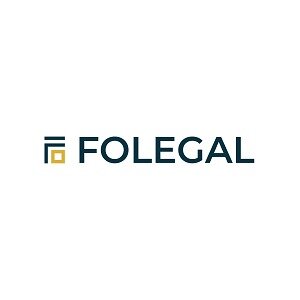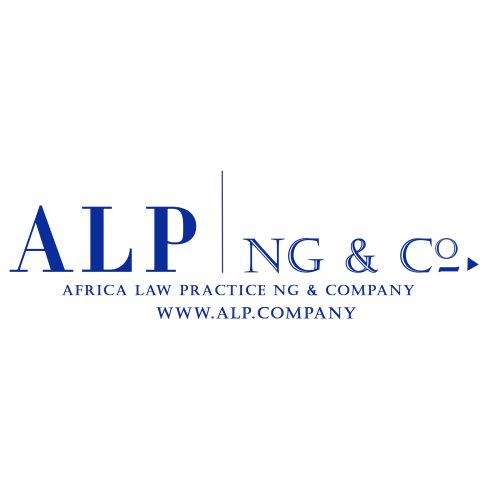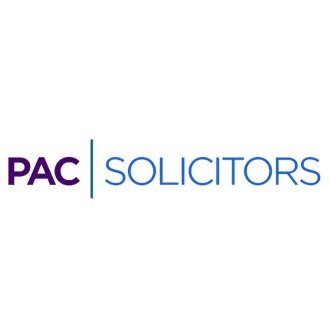About Energy Regulatory Law in Nigeria
Energy Regulatory Law in Nigeria refers to the body of laws, regulations, and administrative frameworks that govern the generation, transmission, distribution, and utilization of energy resources. This area of law covers the regulation of traditional sources such as oil and gas, as well as alternative sources like renewable energy. The main aim is to ensure transparent, fair, and sustainable development and utilization of Nigeria’s vast energy resources while protecting consumer interests and promoting investment. The energy sector in Nigeria is primarily overseen by regulatory agencies like the Nigerian Electricity Regulatory Commission (NERC), Department of Petroleum Resources (DPR), and the Nigerian Midstream and Downstream Petroleum Regulatory Authority (NMDPRA).
Why You May Need a Lawyer
Energy Regulatory Law can be complex, involving multiple laws, regulations, and contracts. Legal assistance may become critical in several situations, such as:
- Securing licenses for energy generation, distribution, or retail.
- Navigating compliance requirements for operating in the oil, gas, or renewable energy sectors.
- Dealing with energy project financing, development, or joint ventures.
- Handling disputes with regulatory agencies, project partners, or consumers.
- Understanding the legal implications of changes in government policy or new energy regulations.
- Negotiating Power Purchase Agreements (PPA) or energy supply contracts.
- Ensuring compliance with environmental and safety standards in energy projects.
Whether you are an investor, energy project developer, consumer, or utility operator, legal advice helps you navigate regulatory pitfalls and protect your interests.
Local Laws Overview
Nigeria’s energy sector is governed by several key laws and agencies:
-
Electric Power Sector Reform Act (EPSRA) 2005 - This Act established the Nigerian Electricity Regulatory Commission (NERC) and set the framework for privatization, licensing, and regulation of the power sector.
-
Petroleum Industry Act (PIA) 2021 - This Act regulates the upstream, midstream, and downstream oil and gas sectors and established new regulatory agencies such as the Nigerian Upstream Petroleum Regulatory Commission (NUPRC) and the Nigerian Midstream and Downstream Petroleum Regulatory Authority (NMDPRA).
-
Nigerian Oil and Gas Industry Content Development Act, 2010 - Designed to promote local participation in the oil and gas industry.
-
National Renewable Energy and Energy Efficiency Policy - Encourages the development of renewable energy resources.
-
Environmental Laws - Various federal and state laws regulate environmental impacts of energy projects and mandate certain environmental standards.
Complying with licensing, reporting, community relations, and environmental obligations are central compliance issues in Nigeria’s energy regulatory landscape.
Frequently Asked Questions
What is the role of the Nigerian Electricity Regulatory Commission (NERC)?
NERC is responsible for regulating and overseeing the electricity supply industry in Nigeria, including licensing operators, setting tariffs, and protecting electricity consumers.
How are energy licenses obtained in Nigeria?
Licenses can be obtained by applying to the relevant regulatory agency, such as NERC for electricity or the NUPRC/NMDPRA for petroleum operations. The process involves providing technical, financial, and legal documentation and may include public consultations.
What are the penalties for operating without the necessary licenses?
Operating without a valid license can result in hefty fines, closure of operations, prosecution, or loss of assets. Regulatory agencies can enforce compliance through various measures.
Is foreign investment permitted in Nigeria’s energy sector?
Yes, foreign investment is permitted and encouraged. However, all investors must comply with local regulations and may be required to partner with local companies, especially in the oil and gas industry.
What is a Power Purchase Agreement (PPA)?
A PPA is a legal contract between an electricity generator and a power purchaser that stipulates the terms, pricing, delivery, and other obligations for electricity supply. PPAs are essential for energy project financing.
Can individuals or businesses generate their own electricity in Nigeria?
Yes, self-generation is allowed. However, there are guidelines and, sometimes, licensing or approval requirements depending on the capacity and end-use of the generated power.
What environmental laws affect energy projects?
Energy projects, especially in oil, gas, and renewables, must comply with federal and state environmental laws, including obtaining Environmental Impact Assessments (EIA), waste management, and pollution control obligations.
How are disputes in the energy sector resolved?
Disputes can be resolved through regulatory complaint mechanisms, arbitration, or the regular court system, depending on the nature of the dispute and relevant contractual terms.
Are there incentives for renewable energy projects in Nigeria?
There are several government incentives, such as tax holidays, import duty waivers, and dedicated policies promoting private sector investment in renewable energy.
Who regulates downstream oil and gas operations?
The Nigerian Midstream and Downstream Petroleum Regulatory Authority (NMDPRA) regulates activities related to refining, storage, distribution, and sale of petroleum products.
Additional Resources
If you need more information on Energy Regulatory Law in Nigeria, the following resources and bodies are invaluable:
- Nigerian Electricity Regulatory Commission (NERC)
- Nigerian Upstream Petroleum Regulatory Commission (NUPRC)
- Nigerian Midstream and Downstream Petroleum Regulatory Authority (NMDPRA)
- Federal Ministry of Power
- Federal Ministry of Petroleum Resources
- Energy Commission of Nigeria (ECN)
- Environmental Protection Agencies (Federal and State)
- Nigerian Bar Association (Sections on Energy and Natural Resources)
Next Steps
If you need legal assistance in Energy Regulatory Law, start by identifying the specific area of concern, such as licensing, compliance, project finance, or dispute resolution. Gather relevant documents and information about your case or project. Then, consult a qualified lawyer or law firm with experience in Nigerian energy law and regulatory compliance. Professional legal guidance will help you navigate the complex regulatory landscape, ensure compliance, and protect your interests in the rapidly evolving energy sector.
Lawzana helps you find the best lawyers and law firms in Nigeria through a curated and pre-screened list of qualified legal professionals. Our platform offers rankings and detailed profiles of attorneys and law firms, allowing you to compare based on practice areas, including Energy Regulatory Law, experience, and client feedback.
Each profile includes a description of the firm's areas of practice, client reviews, team members and partners, year of establishment, spoken languages, office locations, contact information, social media presence, and any published articles or resources. Most firms on our platform speak English and are experienced in both local and international legal matters.
Get a quote from top-rated law firms in Nigeria — quickly, securely, and without unnecessary hassle.
Disclaimer:
The information provided on this page is for general informational purposes only and does not constitute legal advice. While we strive to ensure the accuracy and relevance of the content, legal information may change over time, and interpretations of the law can vary. You should always consult with a qualified legal professional for advice specific to your situation.
We disclaim all liability for actions taken or not taken based on the content of this page. If you believe any information is incorrect or outdated, please contact us, and we will review and update it where appropriate.

















